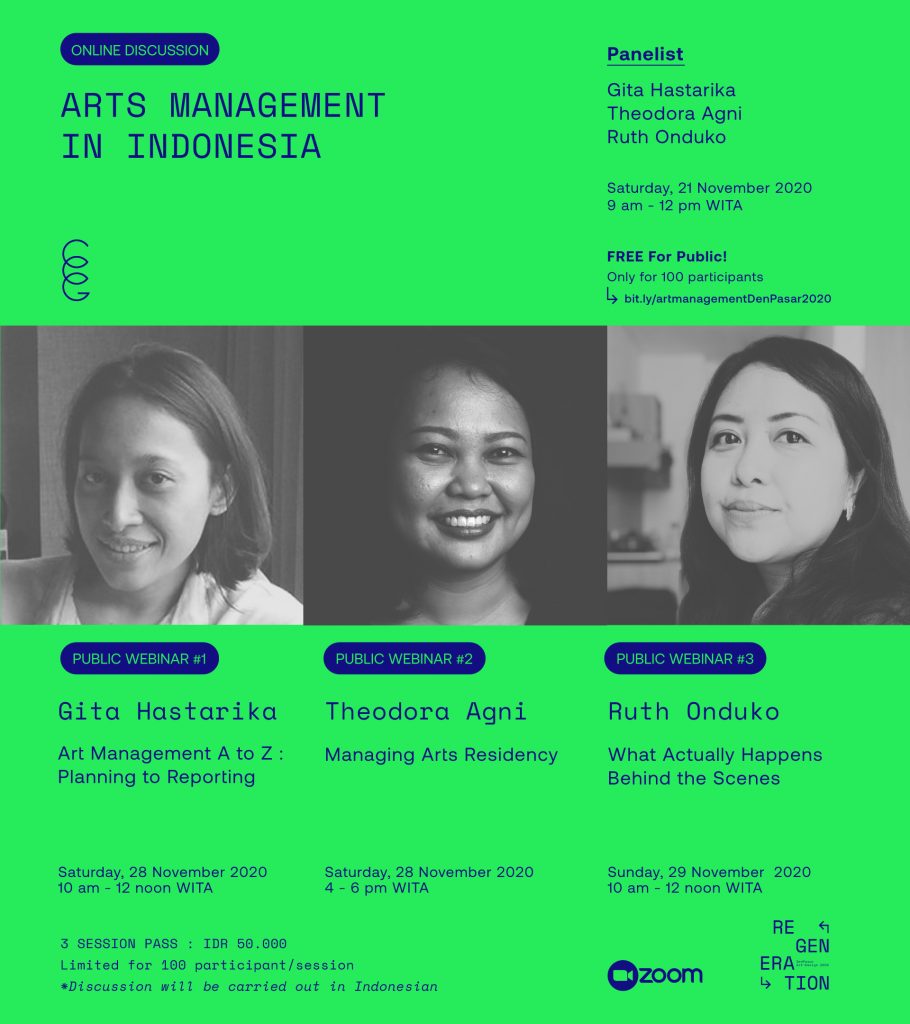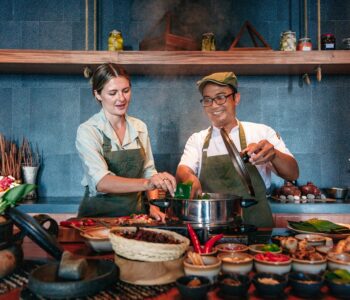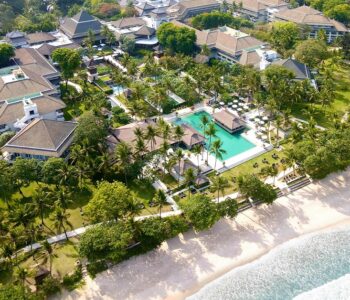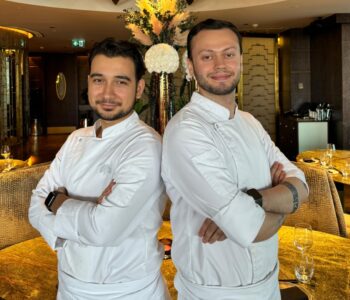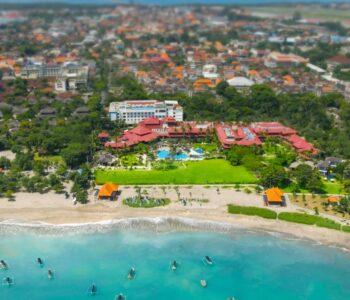Denpasar-based alternative art hub, CushCush Gallery (CGC), is reviving the island’s art infrastructure by redefining the status quo for young writers in the upcoming DenPasar 2020: Regeneration.
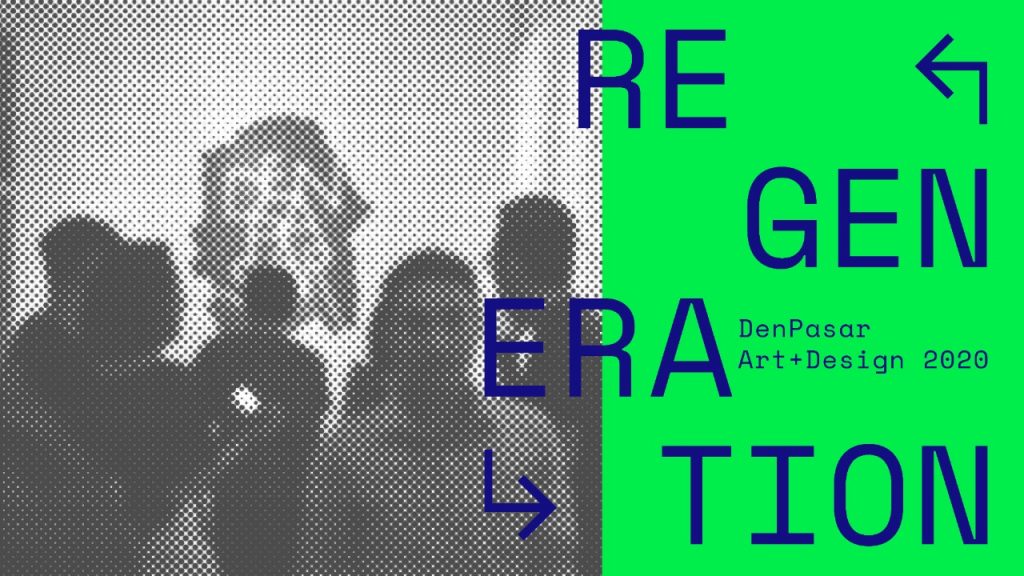
For this year’s annual programme, CushCush Gallery co-founder Suriawati Qiu is championing the writer’s pivotal part in the continuity and preservation of Bali’s creative realm within several spheres in art, from critiquing to archiving.
She highlights that one of the crucial factors that inhibits the healthy progression of Bali’s art infrastructure is the lack of young writers developing through the local education.
However, seeing Bali’s rich past, those with passion and aspiration to write about arts can learn from the bygone era and those with knowledge and experience can utilise the island’s history to cultivate the young spirits by encouraging discussions, reflecting to current relevant issues, and sharing with the bigger public in Bali and across the world.
“Bali’s global fame as a cultural destination today is attributed to earlier travellers turned long term local residents playing vital roles in promoting Bali through their writings, photography, publications and artworks, sharing Bali’s beautiful culture on the international scene,” says Suria.
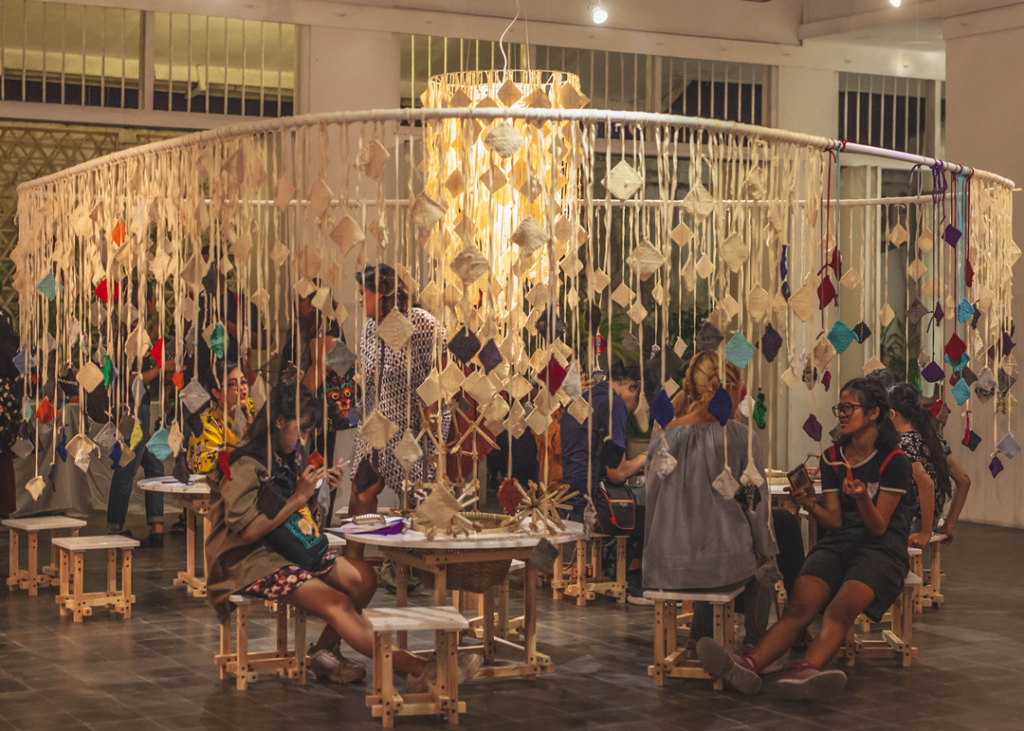
On the other hand, this critical era in Bali’s modernisation poses an ongoing risk of losing the intellectual rights to certain aspects of the local culture.
Losing important history, meaning, and practical techniques of traditional arts and crafts would be a tragedy but some elements are still alive within the memory of senior citizens.
She believes that archiving is essential to the sustainability of the Balinese creative culture along with the development of a vibrant art, creative and cultural ecosystem, and its lasting legacy— echoing the importance of shaping a young generation of writers.
Since its inception onto the Bali art landscape in 2016, CCG conducts programmes that involve the crossover between cultural and creative professions, responding to different themes and climates each year.
DenPasar: In Transition 2019 shifted its concept from promoting Denpasar from an art and design perspective to focusing upon the development of the Bali arts and design infrastructure. The key findings from last year’s event became the fundamentals of this year’s ‘rebirth’ — with the major theme revolving around the reawakening of young writers in practices such as archiving, resourcing, providing critical reviews of the traditional arts; as well as in art management.
DenPasar 2020: Regeneration will provide free mentorship to eight young people to participate in workshops that focus upon writing and reviewing creative, artistic and cultural activities.
“It’s our hope,” adds Suria, “that this can stimulate a new generation of writers to play a vital role within the Bali art infrastructure, to study and archive the burgeoning array of creative activities in Balinese art and the creative landscape through their writing, photography and other forms of documentation.”
Due to the global pandemic, this year’s activities are enlivened by a series of online workshops and webinars led by Bali’s leading art critics, curators, and public figures.
Arts Review & Critics Writing Workshops: The five workshops will cover topics from art curatorial, citizen journalism, photography documentation, and performing arts critics.
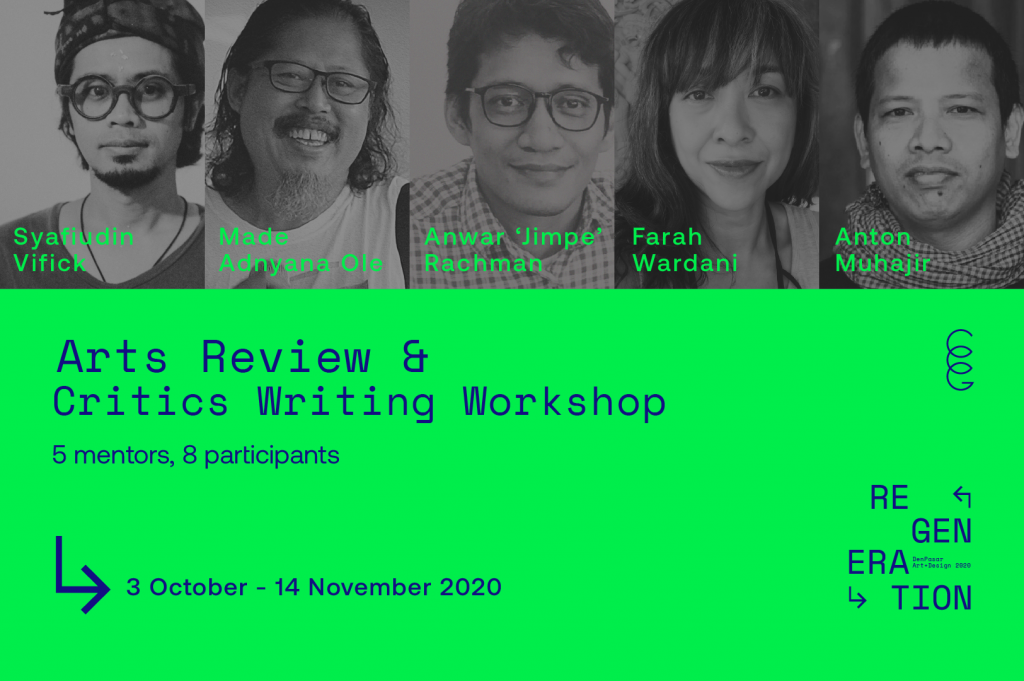
Public Discussion about Arts Management: The public webinars and online discussions aim to gather invited practitioners and the creative communities of Indonesia, encouraging the development of art management and archiving practices within their local environments. The three invited practitioners are: Gita Hastarika, Ruth Onduko, and Theodora Agni. To join:-
• Arts Management Discussion
• Arts Management Webinar
